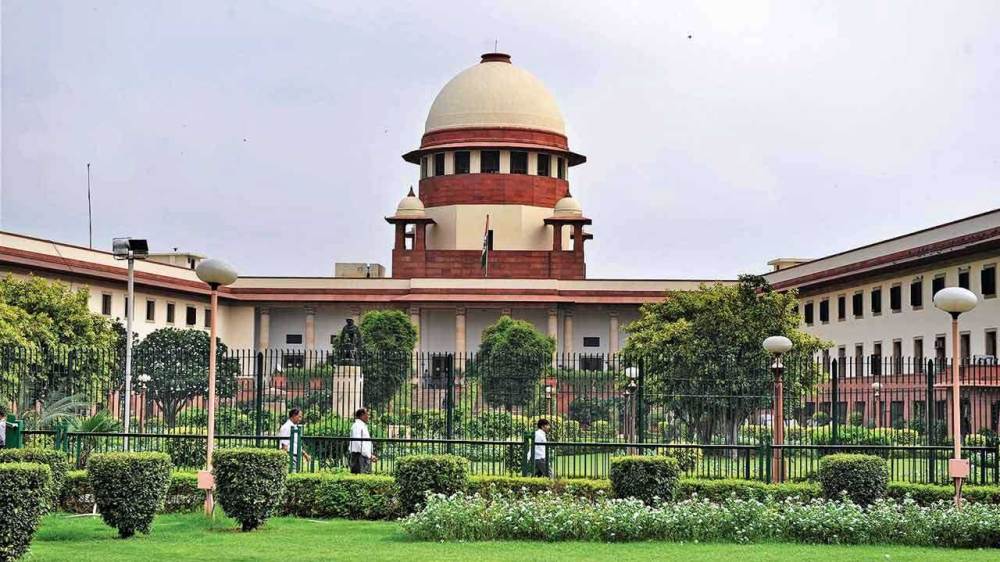
The Supreme Court on Thursday gave an important and questionable decision on whether ED can arrest the accused in the money laundering case. The court said that if a money laundering case is pending in a special court and the accused is produced in the court on summons, the IDD cannot arrest the accused under Section 19 of the Prevention of Money Laundering Act (PMLA). A bench of Justices Abhay Oka and Ujjwal Bhuyan issued the order based on the judgment of the Punjab and Haryana High Court in which the High Court had rejected the pre-arrest bail plea of the accused. In January this year, the Supreme Court had granted interim bail to the accused in a case. The matter was related to land scam. In which some revenue officers were accused of money laundering. The bench said that if the accused is produced in the court after being summoned by the court, it does not mean that he has been arrested. In such a case, that agency i.e. ED has to apply to the concerned court to get the custody of the accused. Only if the court accepts this argument, ED can arrest the accused.
Three findings of the court regarding the arrest by ED
The court presented three findings regarding the arrest of the accused by the ED.
If an accused of money laundering is produced in the court after summons, he is not required to apply for bail. In such a case, the double condition of bail under Section 45 of PMLA also does not apply.
If the accused is produced after the court summons, then the ED will have to apply to the special court for remand.
The court can give custody to ED only when the court feels that custodial interrogation is necessary.
What do the two conditions of Article 45 say?
Both conditions state that if an accused in a money laundering case applies for bail, the court first allows the government agency to hear it. The court grants bail when it is satisfied that the accused is not guilty. The court will grant bail only when it finds that the accused is not likely to commit a crime after release. The Supreme Court had ruled on the question of whether an accused would have to undergo dual examination for bail in a money laundering case in which a special court had taken suo motu cognizance of the offence. With regard to the provisions of PMLA, the court has made it clear that if in a case where a charge sheet has been filed without arresting an accused, the court has issued a suo motu summons, then such person will not be booked under PMLA. There is no need to fulfill double bail conditions.
What does Section 19 of PMLA say?
According to the court's decision, ED has sent a complaint against the accused but the accused could not be caught during the investigation. Till then the officers cannot exercise the special powers given to them under PMLA. Section 19 says that if the ED finds an accused involved in a crime then it can arrest him. The Supreme Court had earlier reserved its decision on April 30.
 look news india
look news india
